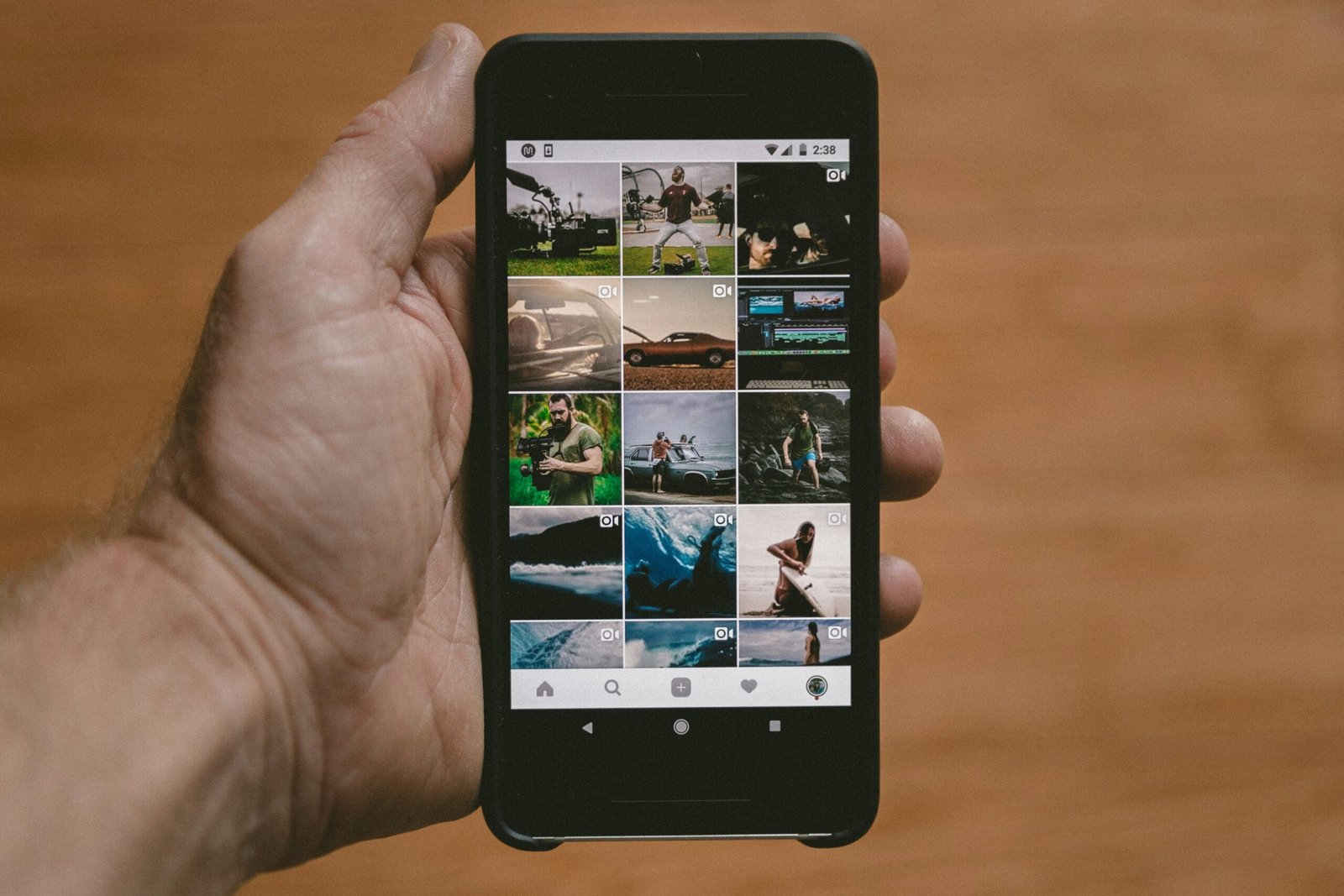How Long Does an iPhone Last?
If you’re in the market for a new iPhone or are simply curious about the lifespan of your current device, you may be wondering, “How long does an iPhone last?” In this article, we will explore the factors that contribute to the longevity of an iPhone and provide tips on how you can maximize the lifespan of your device.

Factors Affecting the Lifespan of an iPhone
Several factors can impact how long your iPhone will last before needing to be replaced. These factors include:
1. Build Quality
One of the most significant factors in determining the lifespan of an iPhone is its build quality. iPhones are known for their premium build materials and construction, which can contribute to their durability and longevity. High-quality materials like aluminum and ceramic can help an iPhone withstand wear and tear over time.
2. Software Updates
Regular software updates are crucial for maintaining the performance and security of your iPhone. Apple frequently releases updates to its operating system, iOS, which includes bug fixes, performance improvements, and new features. By staying up to date with software updates, you can ensure that your iPhone continues to perform well and remains secure.
3. Battery Health
The battery is another critical component that can affect the lifespan of an iPhone. Over time, the battery in your iPhone will degrade, leading to reduced battery life and performance. However, you can take steps to preserve your battery health, such as avoiding extreme temperatures and minimizing the number of charge cycles.
4. Usage Patterns
Your usage patterns can also impact how long your iPhone will last. Heavy reliance on battery-intensive apps, frequent gaming, and constant streaming can accelerate the wear and tear on your device. By being mindful of your usage habits and taking breaks to allow your iPhone to cool down, you can help prolong its lifespan.
5. Environmental Factors
Environmental factors, such as exposure to moisture, extreme temperatures, and physical impact, can also affect the lifespan of your iPhone. To protect your device, try to avoid exposing it to water, keep it away from direct sunlight, and use a protective case to prevent damage from drops and scratches.

Maximizing the Lifespan of Your iPhone
Now that we’ve discussed the factors that can impact the lifespan of your iPhone, let’s explore some tips on how you can maximize the longevity of your device:
1. Use a Protective Case
Investing in a high-quality protective case can help shield your iPhone from physical damage caused by drops, bumps, and scratches. Look for a case that offers 360-degree protection and features shock-absorbing materials to minimize the impact of accidental falls.
2. Avoid Extreme Temperatures
Exposure to extreme temperatures can harm the battery and other components of your iPhone. Try to keep your device in a moderate temperature range (ideally between 32°F to 95°F) and avoid leaving it in direct sunlight or in a hot car for extended periods.
3. Monitor Battery Health
To ensure optimal battery performance, regularly check the health of your iPhone’s battery. You can view the battery health status in the Settings app under Battery > Battery Health. If the maximum capacity of your battery has significantly decreased, consider replacing it through Apple’s battery replacement program.
4. Optimize Settings for Battery Life
Make use of the built-in battery-saving features on your iPhone to prolong its battery life. You can enable Low Power Mode, adjust the screen brightness, and disable unnecessary background app refresh to conserve energy and extend the time between charges.
5. Clean Your iPhone Regularly
Dirt, dust, and debris can accumulate in the ports and crevices of your iPhone, affecting its performance and longevity. Use a soft, lint-free cloth to gently clean the exterior of your device and remove any built-up grime. Be mindful not to use harsh chemicals or abrasive materials that could damage the finish of your iPhone.
6. Backup Your Data
Regularly backing up your data is essential for safeguarding your important files, photos, and contacts in case of unexpected issues with your iPhone. You can use iCloud or iTunes to create backups of your device and ensure that you can easily restore your data if needed.
7. Avoid Overcharging
Leaving your iPhone plugged in and fully charged for extended periods can degrade the battery over time. To prevent overcharging, try to unplug your device once it reaches 100% or use a smart charger that automatically stops charging when the battery is full.

When to Consider Upgrading Your iPhone
While iPhones are designed to last for several years, there may come a time when you need to consider upgrading to a newer model. Here are some signs that indicate it might be time for a new iPhone:
-
Slow Performance: If your iPhone is noticeably slower and struggles to run apps or perform tasks efficiently, it may be a sign that the hardware is becoming outdated.
-
Limited Software Support: As Apple releases new versions of iOS, older iPhone models may no longer receive software updates, leaving them vulnerable to security risks and compatibility issues.
-
Battery Health: If the battery health of your iPhone has significantly declined and no longer holds a charge for an adequate amount of time, it may be time to replace the battery or upgrade to a new device.
-
Physical Damage: If your iPhone has sustained significant physical damage that affects its functionality or appearance, it may be more cost-effective to upgrade to a new device rather than repair the existing one.
By being aware of these signs and factors, you can determine when it’s time to retire your current iPhone and invest in a new model that better suits your needs.

Conclusion
In conclusion, the lifespan of an iPhone can vary depending on several factors, including build quality, software updates, battery health, usage patterns, and environmental factors. By following the tips outlined in this article and being mindful of how you use and care for your iPhone, you can maximize its lifespan and enjoy using it for years to come. Remember to stay informed about new iPhone models and advancements in technology so that you can make informed decisions when it’s time to upgrade your device.








